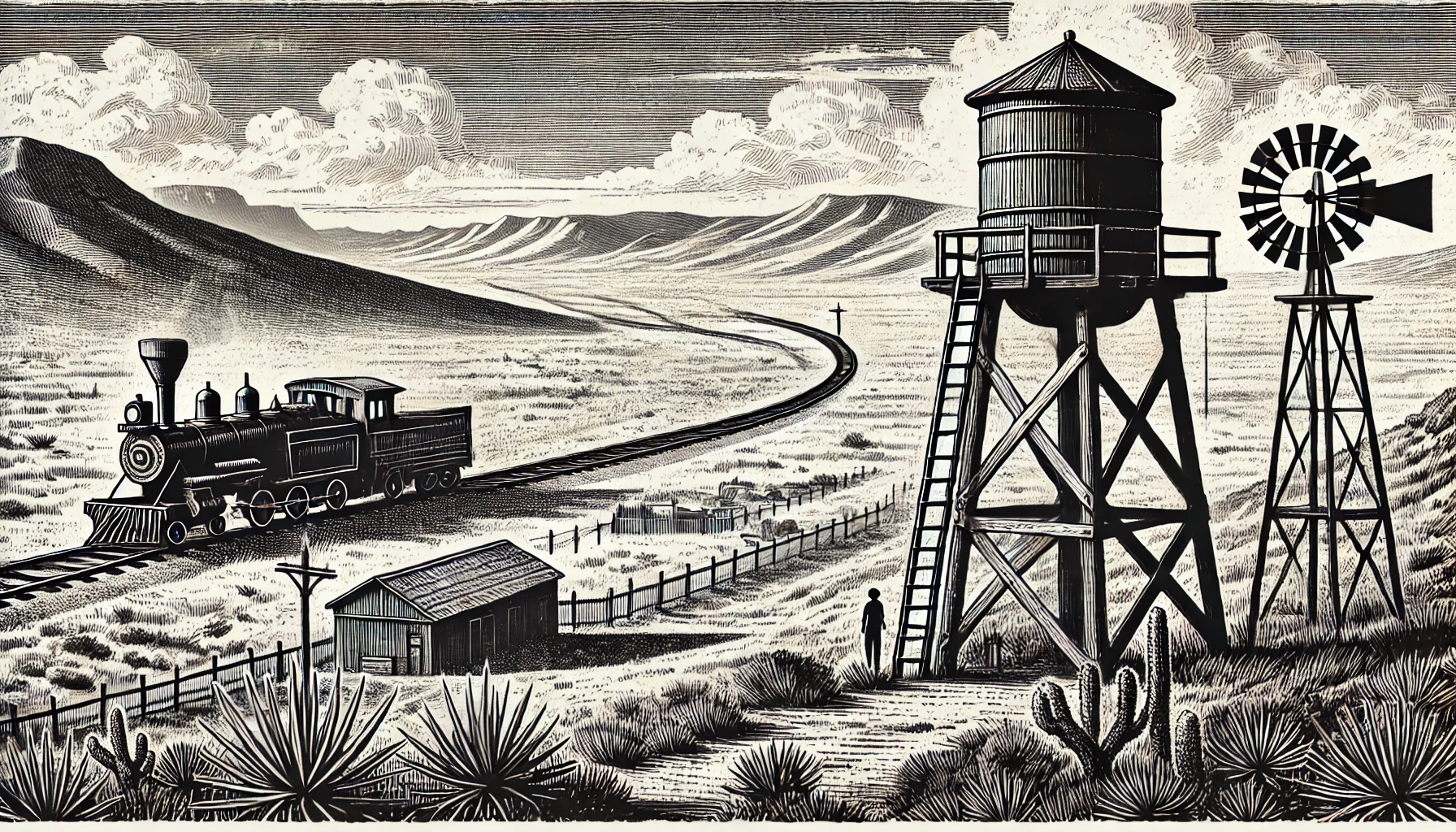Nebraska Food Cooperatives and Their Network

Traveling through Nebraska, a state characterized by vast cornfields, rolling hills, and riverside cities, reveals the numerous food cooperatives operating throughout the state. These cooperatives have established themselves as significant players in the Nebraska food industry. Their emphasis lies in disseminating organic and locally produced food to an ever-expanding market. This complex network nurtures relationships between suppliers, be they farmers, ranchers, or food artisans, and their patrons.
A notable example of a well-operated food cooperative can be seen in Open Harvest Cooperative Grocery, situated in Lincoln, a city located in the southeastern part of the state. Established in 1979, this cooperative grocery store specializes in providing open access to natural and organic products, fostering relationships between local farmers and consumers. By opting for an employee-owned model, Open Harvest showcases itself as an exemplary business run by those genuinely passionate about holistic food culture.
Cooperatives have their roots deeply embedded within Nebraska's agricultural history. Formed under state legislation and cooperative laws, they continue to drive growth within the agricultural sector by integrating production, marketing, and other interrelated activities. Specifically, cooperatives provide a mutual, self-help organization embracing a profit-driven goal-oriented business that functions based on high participative principles. Many see this particular model as breaking barriers previously limiting growth in agricultural and allied sectors.
Numerous smaller cooperatives throughout Nebraska also prove their importance within this greater network. At Lander's Farm Market located in Omaha, this Farm to Table movement of bringing farmers directly to consumers and fostering open conversations in real-time connects buyers with a glimpse into rural farming production.
North Platte Natural, a natural food cooperative formed in 1994 as part of the First United Methodist Church, in cooperation with the University of Nebraska-Lincoln's Center for Public Health Nutrition is another leading light, enhancing an ever-advancing scenario of local needs demand led food supply driven by advanced practices of good food habits and health for its local community.
Besides bolstering Nebraska's food scene, the state is further encouraged by extension programs by universities promoting opportunities within their educational systems to ensure strong back-up towards cooperatives such that farming techniques have been modified in multiple aspects to aid farm cooperatives for the advantage of greater reach, helping co-ops retain long-term sustainability and stability on a variety of different levels.
Although it deals more with restaurants rather than a store, the Grand Island's Totally Local Farmers Market Association working closely with Local Farmers, with market dates between the starts of May to October, aims to reach out more often from producer-to-consumer offering a complete, uncut rendition of Nebraska.
A notable example of a well-operated food cooperative can be seen in Open Harvest Cooperative Grocery, situated in Lincoln, a city located in the southeastern part of the state. Established in 1979, this cooperative grocery store specializes in providing open access to natural and organic products, fostering relationships between local farmers and consumers. By opting for an employee-owned model, Open Harvest showcases itself as an exemplary business run by those genuinely passionate about holistic food culture.
Cooperatives have their roots deeply embedded within Nebraska's agricultural history. Formed under state legislation and cooperative laws, they continue to drive growth within the agricultural sector by integrating production, marketing, and other interrelated activities. Specifically, cooperatives provide a mutual, self-help organization embracing a profit-driven goal-oriented business that functions based on high participative principles. Many see this particular model as breaking barriers previously limiting growth in agricultural and allied sectors.
Numerous smaller cooperatives throughout Nebraska also prove their importance within this greater network. At Lander's Farm Market located in Omaha, this Farm to Table movement of bringing farmers directly to consumers and fostering open conversations in real-time connects buyers with a glimpse into rural farming production.
North Platte Natural, a natural food cooperative formed in 1994 as part of the First United Methodist Church, in cooperation with the University of Nebraska-Lincoln's Center for Public Health Nutrition is another leading light, enhancing an ever-advancing scenario of local needs demand led food supply driven by advanced practices of good food habits and health for its local community.
Besides bolstering Nebraska's food scene, the state is further encouraged by extension programs by universities promoting opportunities within their educational systems to ensure strong back-up towards cooperatives such that farming techniques have been modified in multiple aspects to aid farm cooperatives for the advantage of greater reach, helping co-ops retain long-term sustainability and stability on a variety of different levels.
Although it deals more with restaurants rather than a store, the Grand Island's Totally Local Farmers Market Association working closely with Local Farmers, with market dates between the starts of May to October, aims to reach out more often from producer-to-consumer offering a complete, uncut rendition of Nebraska.
